The world in 553. The Persians can be seen in purple, the Babylonians in blue and the Medians in green.
Excerpt from “Life and Death of Kûrus” by Professor James Marshal, Chicago, 1994
After his surpising victory at Susim King Kûrus had an army that proved themselves worthy in battle and an enemy who provoked him into war. Since we do not have Vidarnas account on the war against the city of Babylon itself the exact reconstruction of the campaign is uncertain to a degree. We do however have fragments of the annual reports of the city of Babylon itself and Demonstenes account.

We can reconstruct that the Babylonian king did not have any inner defenses and his manpower of emergency troops were depleeted because of the war against Egypt. For king Kûrus, the whole Babylonian empire lay befor him ready to be taken. But it seems that Kûrus did not have the necessary military power to occupy the key cities and after all the Babylonian king was still sitting on a throne in the capital. So Kûrus had to get rid of Nabu-na'id first, but he knew that in the east the Babylonians had their main army ready for retaliation. His march on Babylon was not without danger.
Demostenens of Ancyle – History of the greeks
(written at about 420-400 BC)
From book V:
[...]
54. It is not without troubles for me reconstructing what happened at the walls of Babylon, because there is much myth and little actual knowledge passed on. I will therefor remain to the facts I believe to be true.
55. When King Kûrus reached the walls of Babylon he was so impressed by the height and thought of them to be unbreachable. So he ordered his man to lay siege and let no man and no woman in or out of the city. The army remained like this for months and Nabu-na'id was in a desperate situation because there were no supplies stored in the city. Some soldiers, old and young, still loyal to their king, gathered from the surroundings of Babylon to help Nabu-na'id. It was then that the old man on the Babylonian throne saw his desperate last chance to strike on Kûrus. But his soldiers were starved, weak and without morals, the men of Kûrus were well fed and felt strong within their numbers.
56. So it came to the first battle of Babylon, it was the year when Solon died [553 BC]. There is no existing account of the battle, the only thing that is sure that the Babylonians lost. The king fled in disgrace from the field, hunted by the persian riders.
57. Nabu-na'id made it back to the city, but the will of the people had turned against him. As the ruler rules over a people so they can be happy, the unhappy people will take this position away from the ruler as they please. This is the reason why Nabu-na'id was slain by his once loyal people.
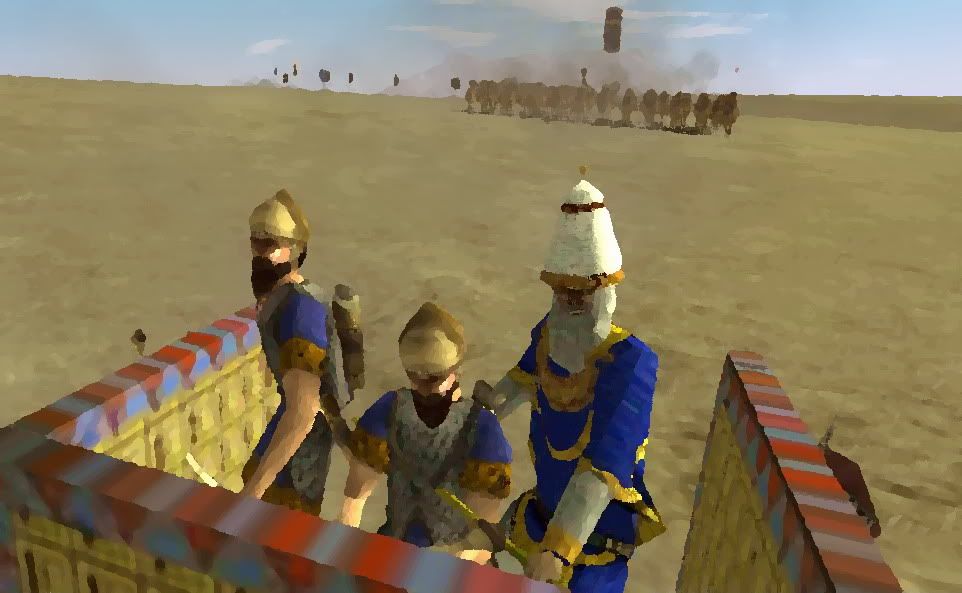
The Nabu-na'id flees from the Persian army - Oil painting by Marcell Mardot, Louvre, Paris
Continuing “Life and Death of Kûrus”
We are happy to have the account of Demostenes, even though his rhetoric on the assassination of the Babylonian king is strongely influenced by his democratic ideals. It is more likely though that the king was slain by his own guards, ordered by the remaining city council[56]. The walls of Babylon alone were not enough to stop the Persian king, so the city council opened their gates and hailed them their new leader.
 King Kûrus entering the city of Babylon
King Kûrus entering the city of Babylon
The ancient metropolis of Babylon was now the biggest city in the young Persian empire. Even though the king had to deal with minor unrest the following months he seemed to win the hearts and minds of the citizens by his policy of tolerance. He released the remaining Jewish slaves to their freedom and let them choose wether they wanted to go home back to their kingdoms or stay in the city. Kûrus was a pious man who believed in religion to serve mankind for the greater good [57], but he also reduced squalor and mischief by this rather unexpected move.

Reconstruction of Babylon. Note that the defences of Babylon are on of the best in the world of their time.
But the capturing of the city of Babylon was not the end for the Babylonian empire. In the east, as mentioned before, was still a large Babylonian army, and the commanders were both sons of Nabu-na'id. His oldest son, Mandaru, was now the new king of Babylon and determined to retake the city. He sent envoys to the kingdom of Media, who agreed to send troops to aid Mandaru, since they grew suspicious about the Persians[58].
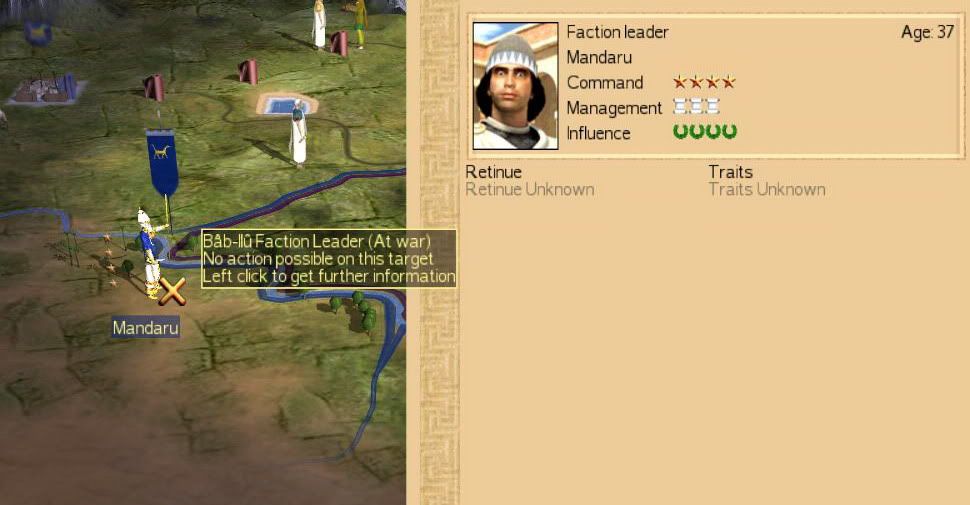 Mandaru gathering in the east to march on Babylon
Mandaru gathering in the east to march on Babylon
It was now clear that the toughest battle for Kûrus was yet to come. With a huge Babylonian army coming from the Egyptian campaigns and support coming from the Medians in the north, all the sudden Kûrus found himself in a difficult and dangerous position. All he could do was to get his army ready to fight once more...




 Reply With Quote
Reply With Quote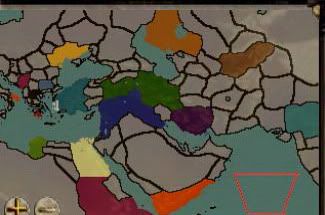



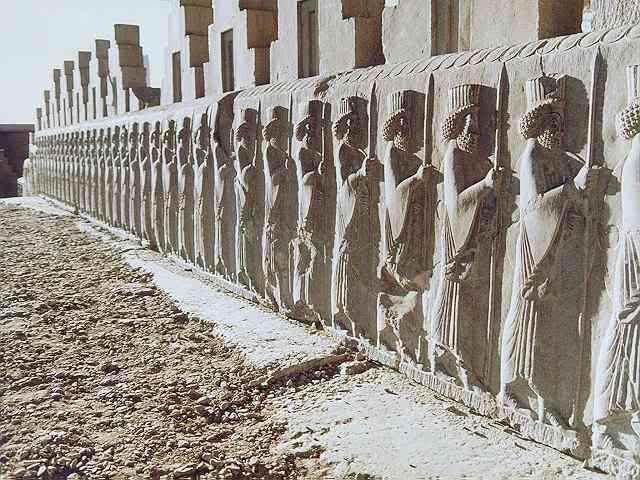


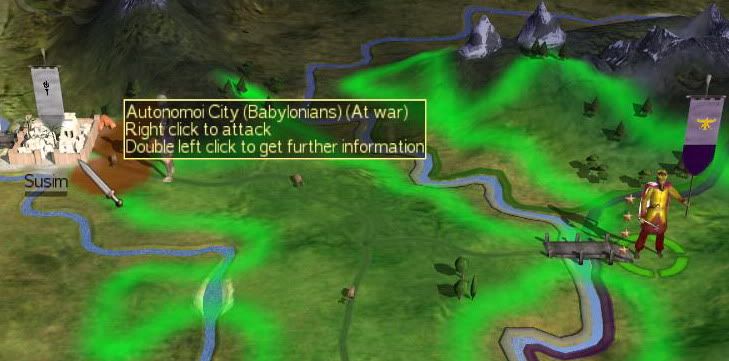

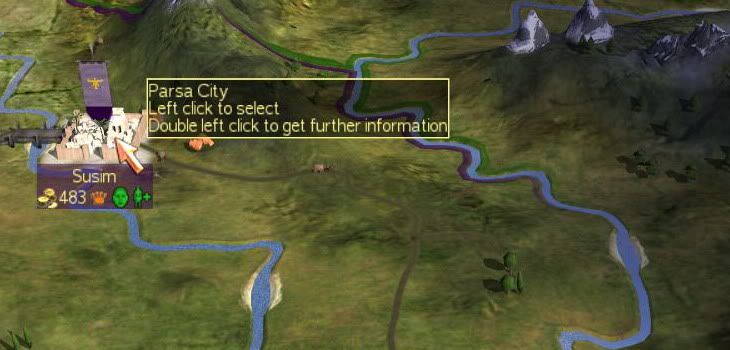
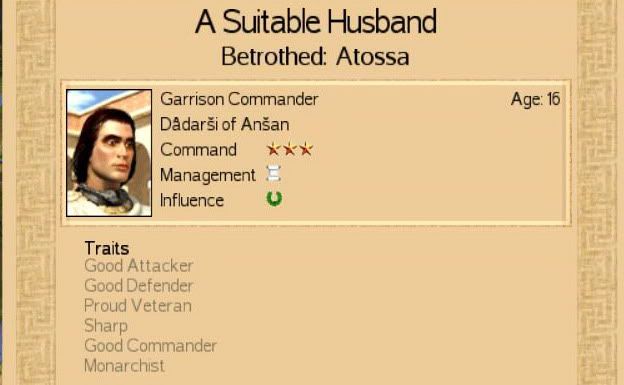
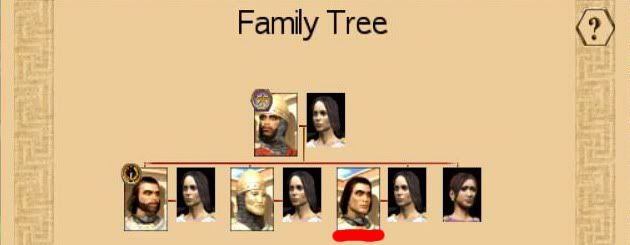
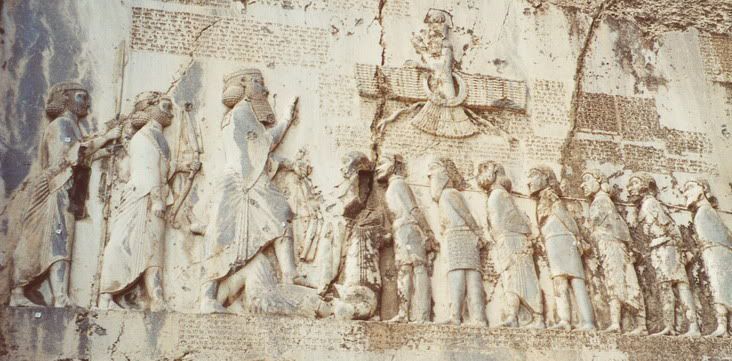




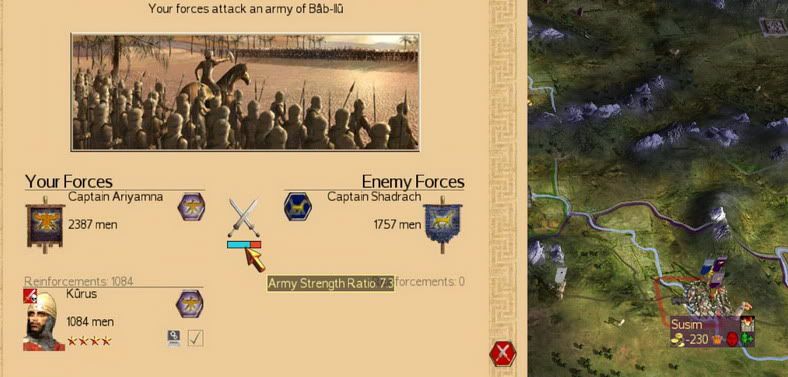
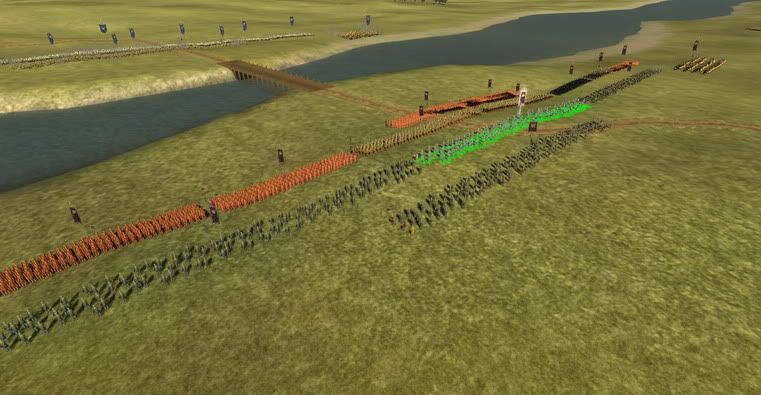
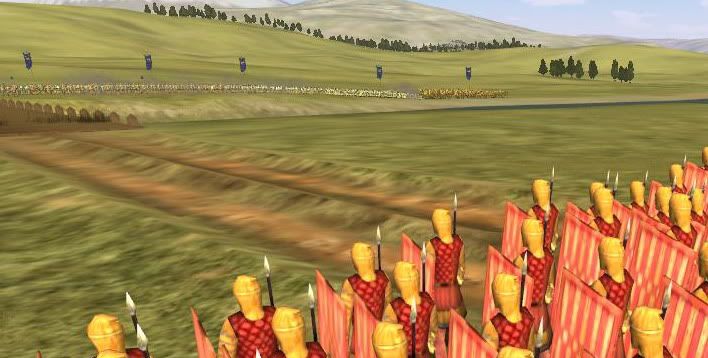
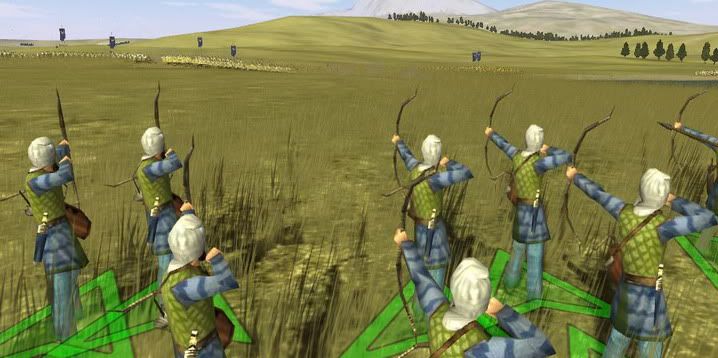
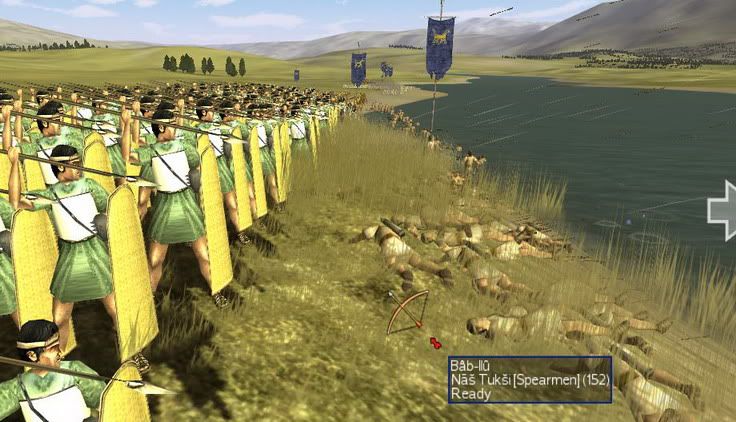
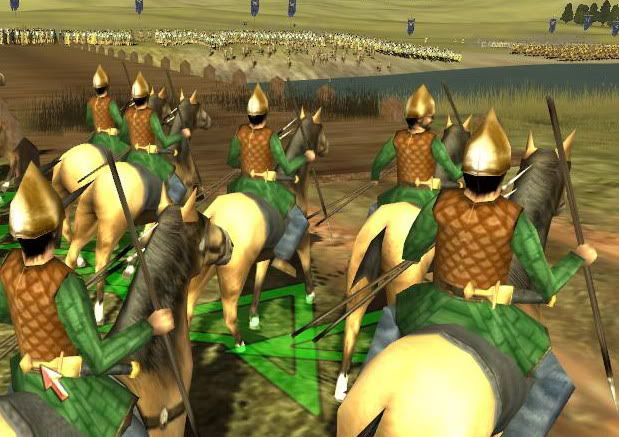
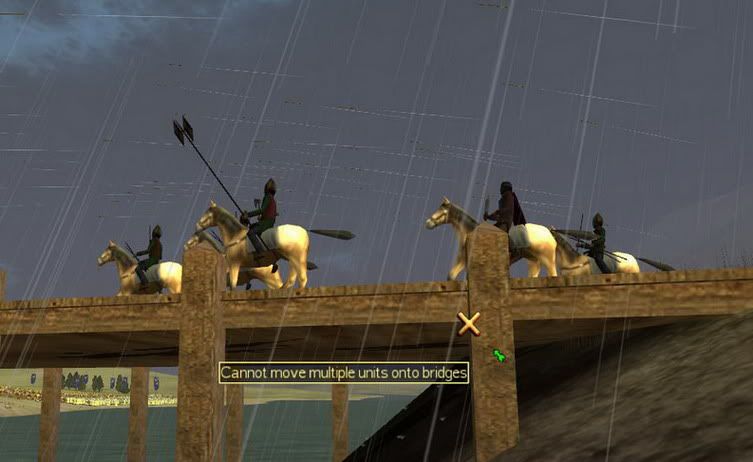
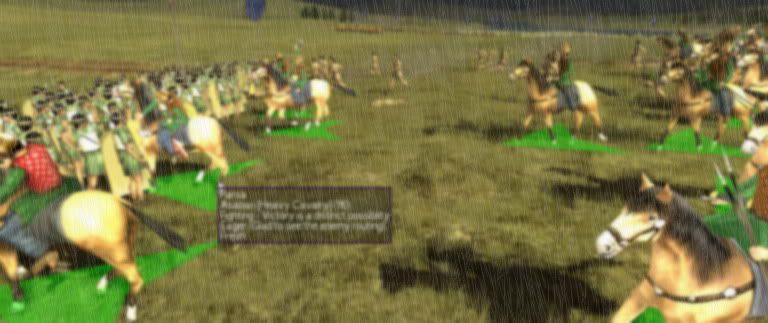
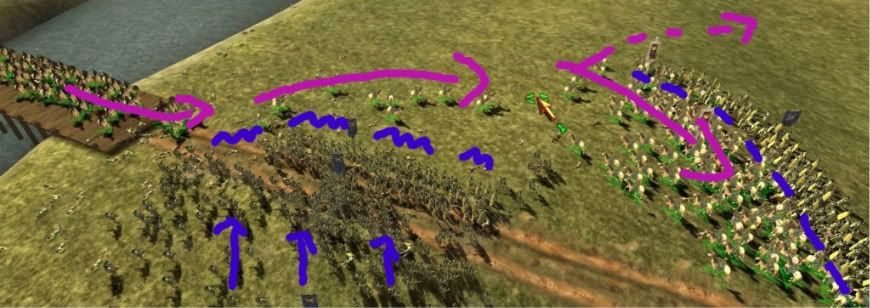
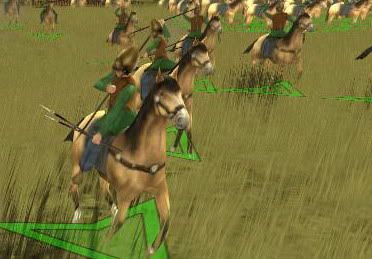
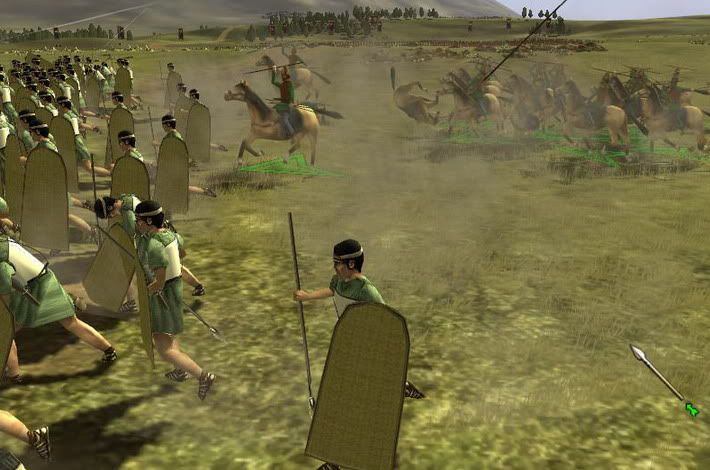
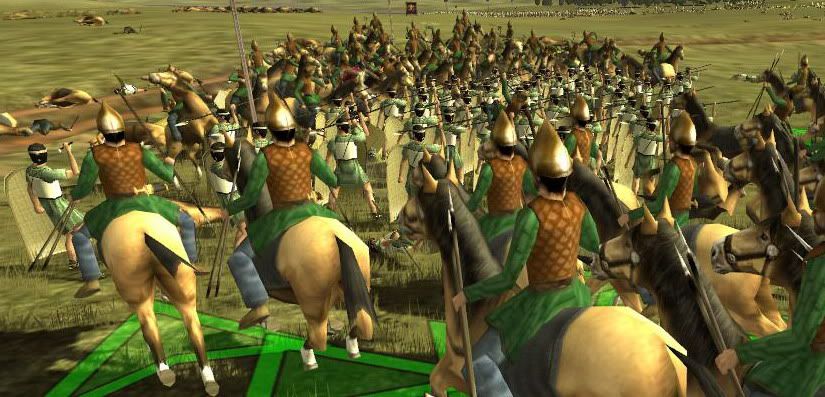
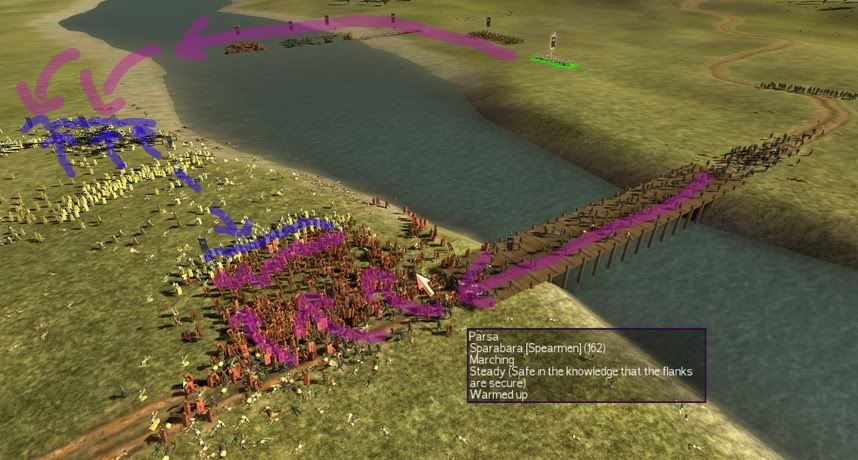

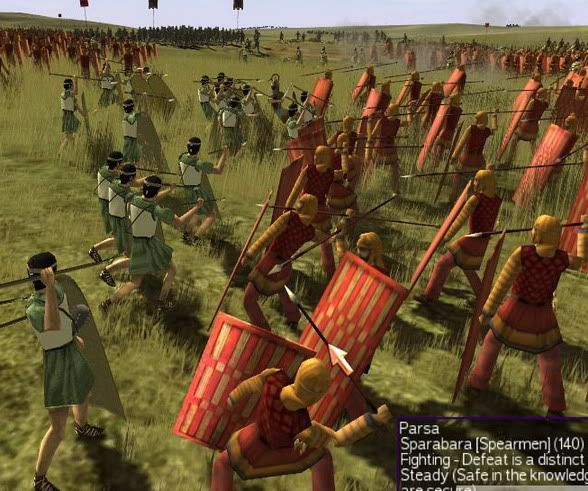
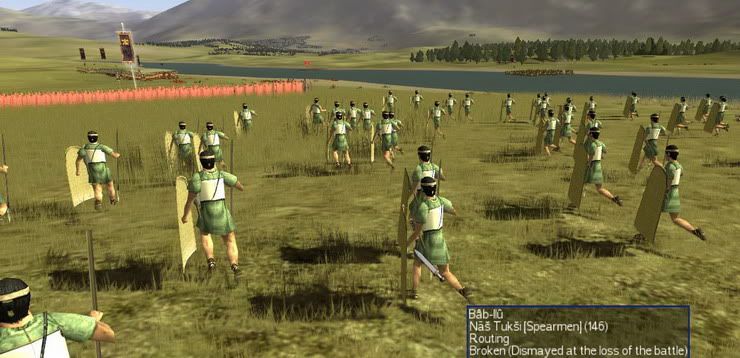
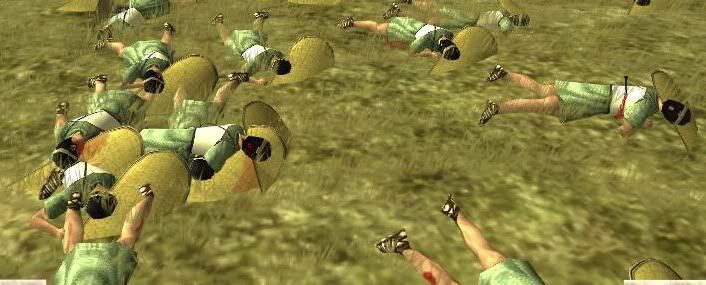


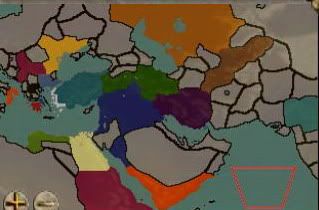








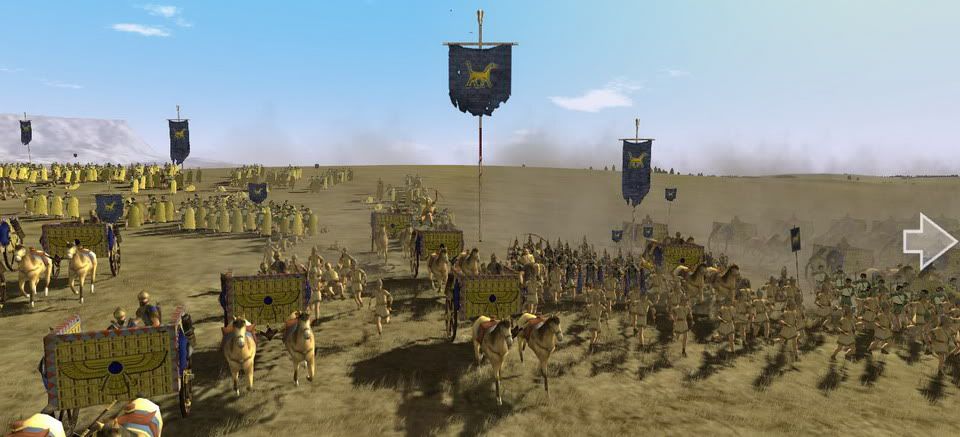
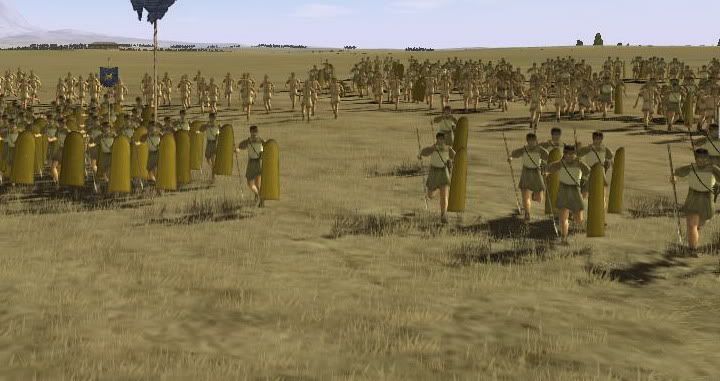
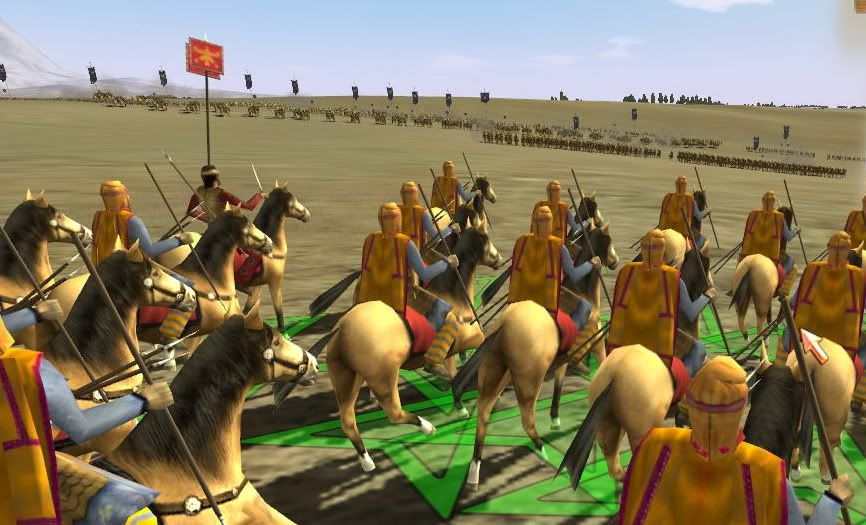
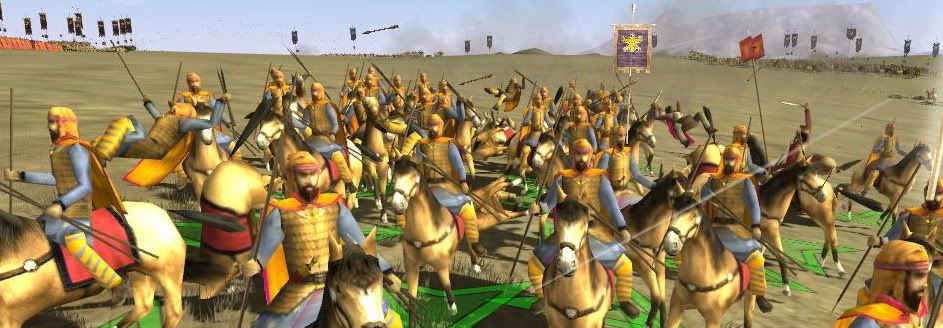
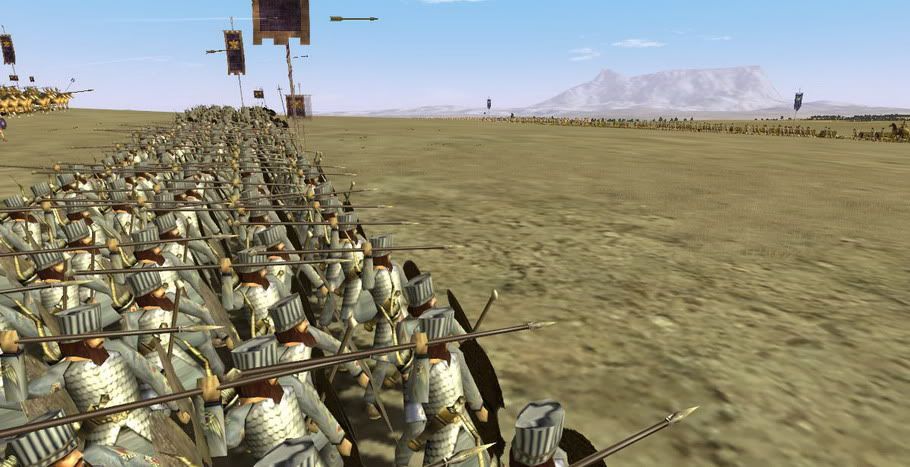
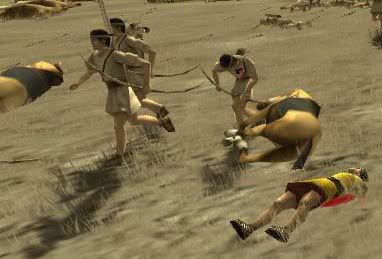
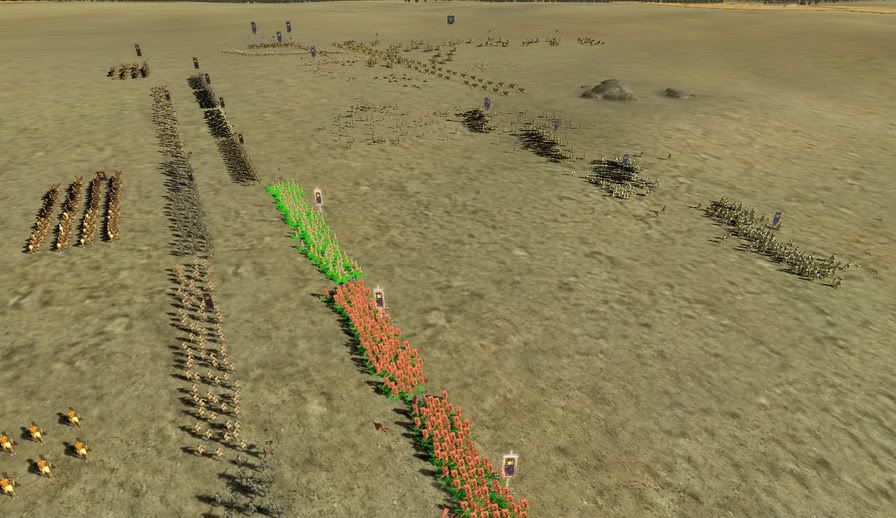
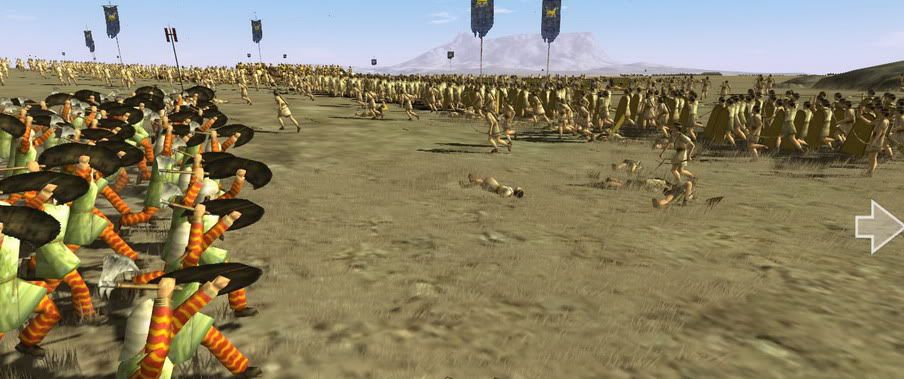
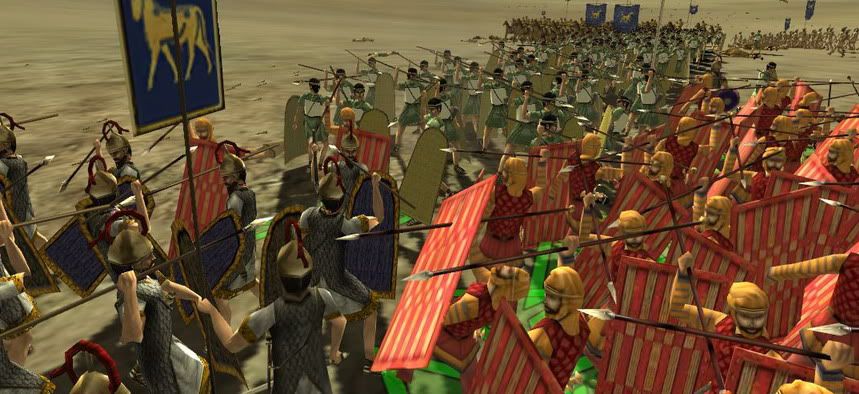
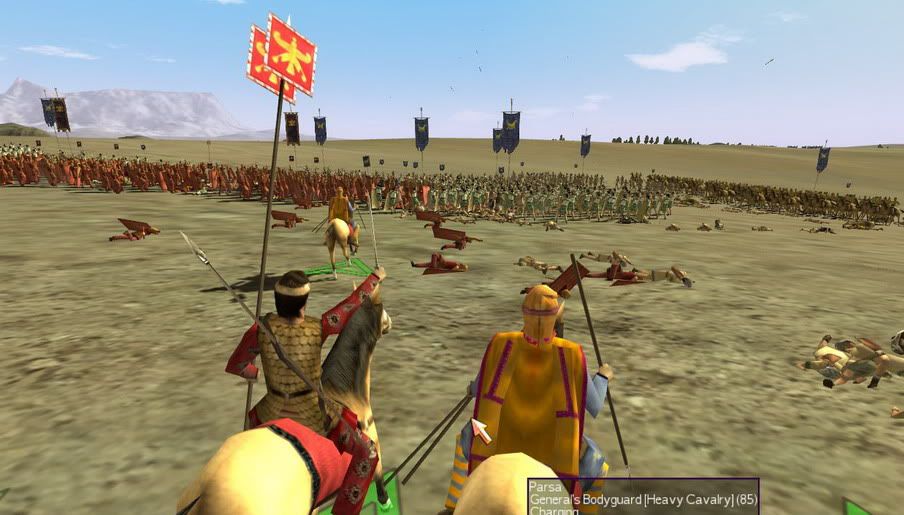
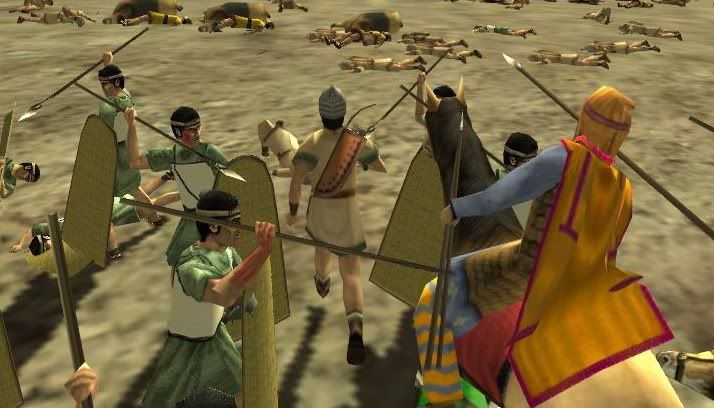
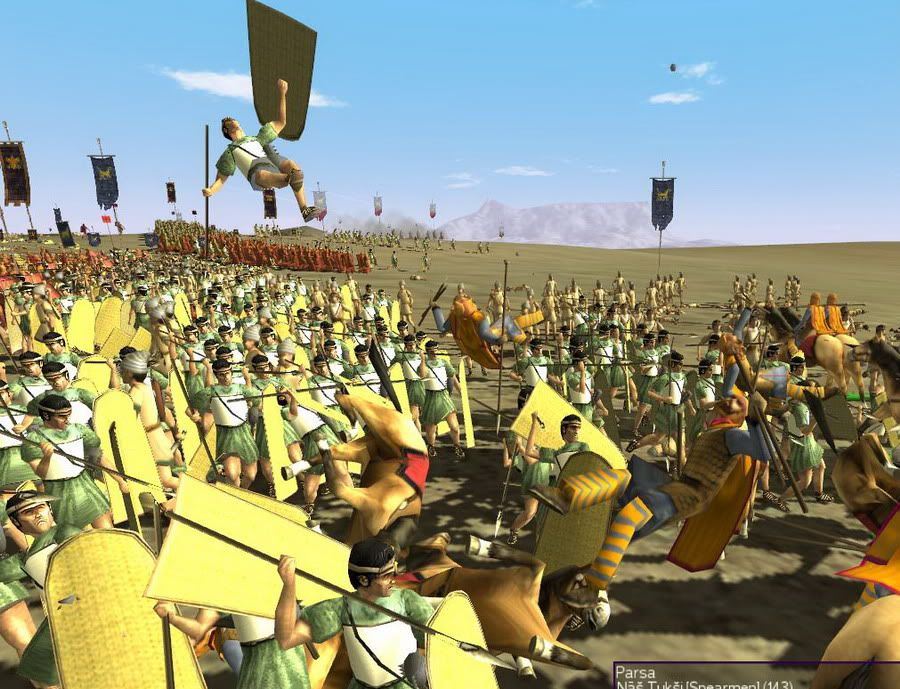
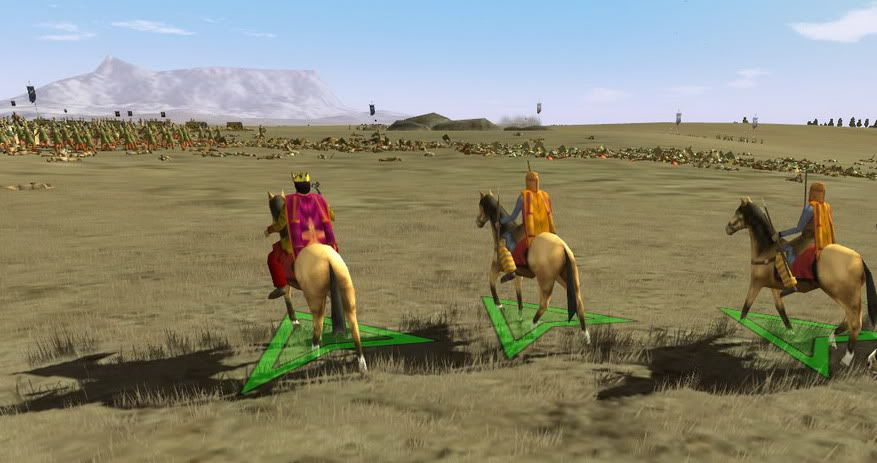
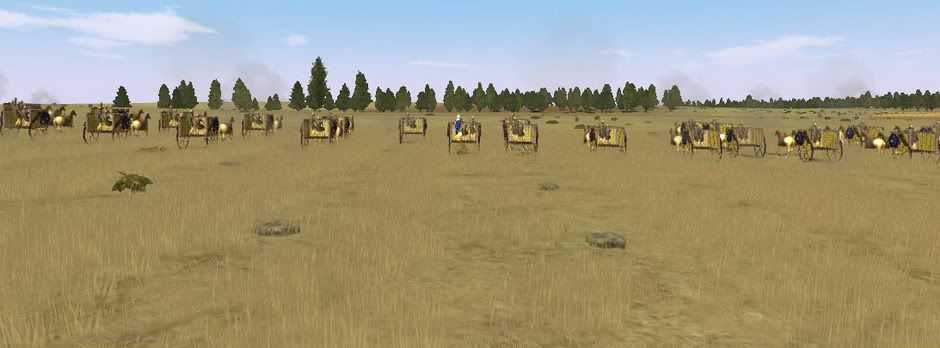
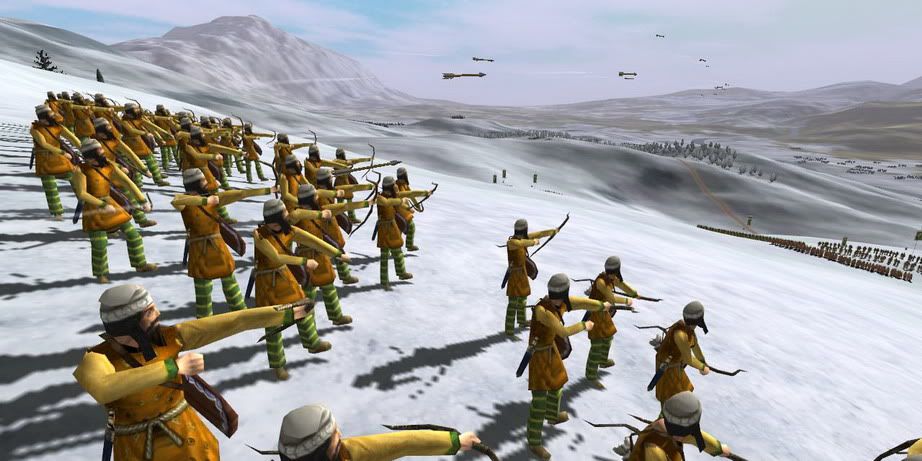
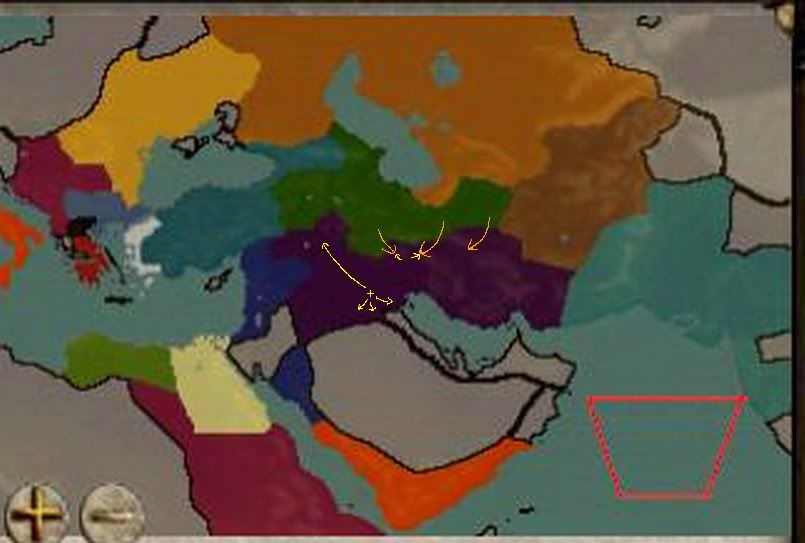
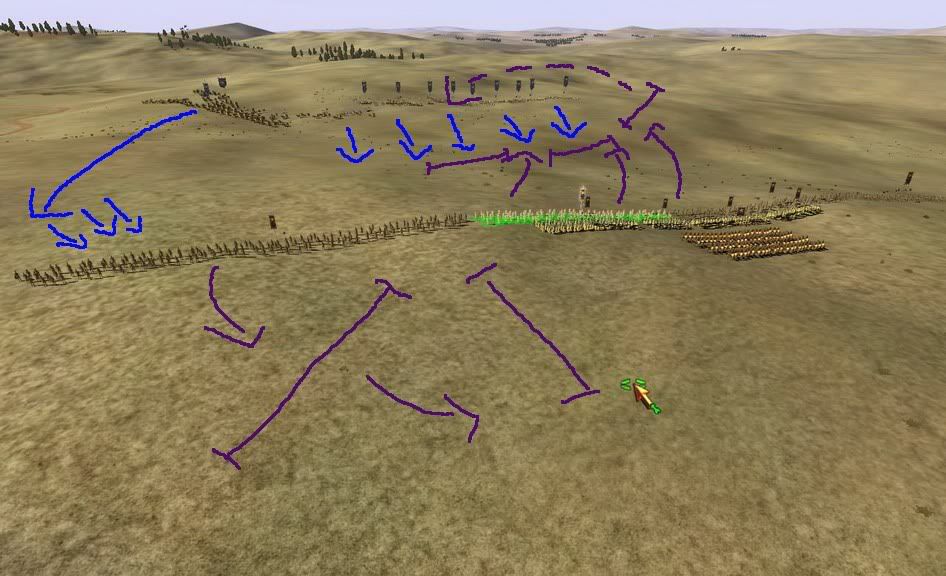
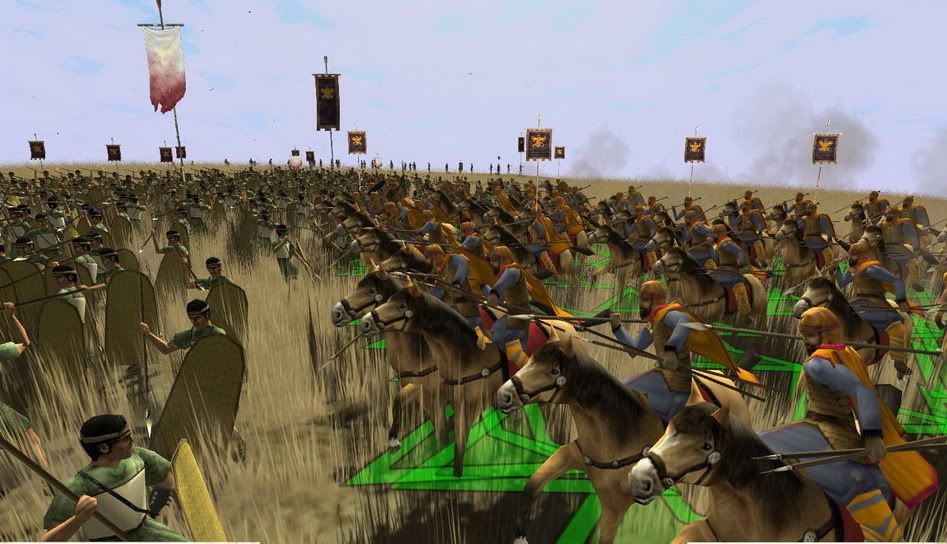
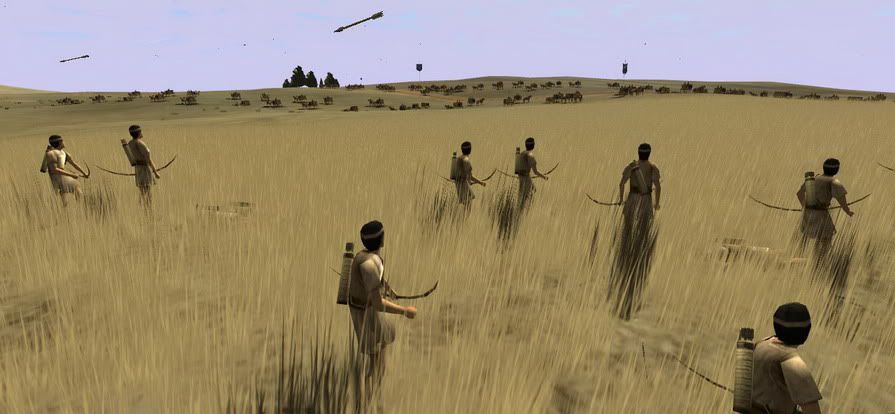
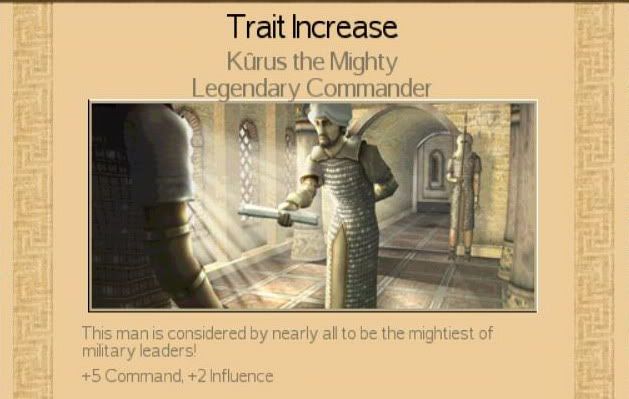
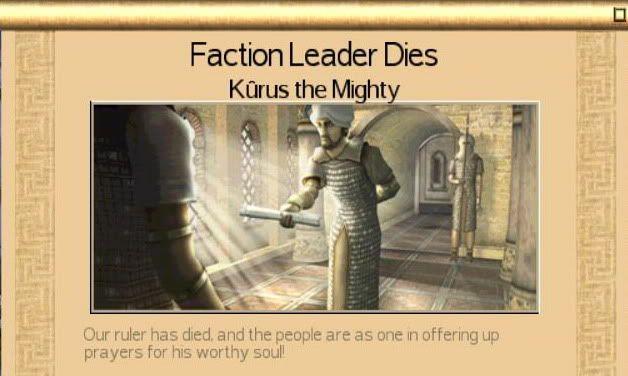
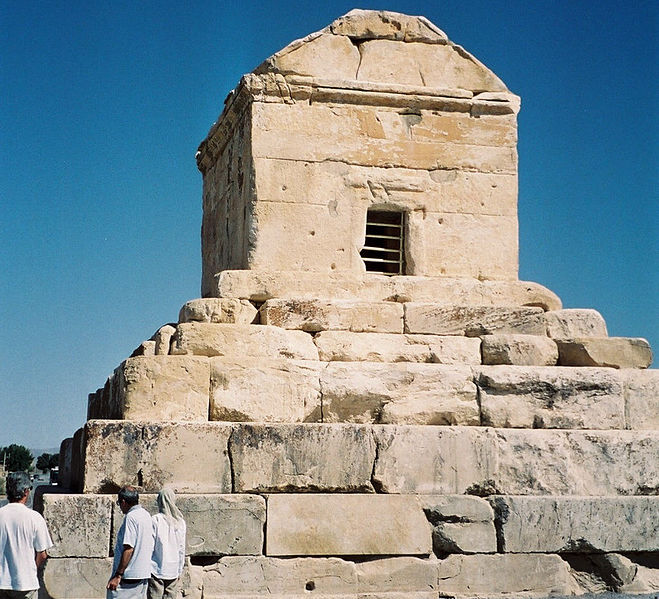





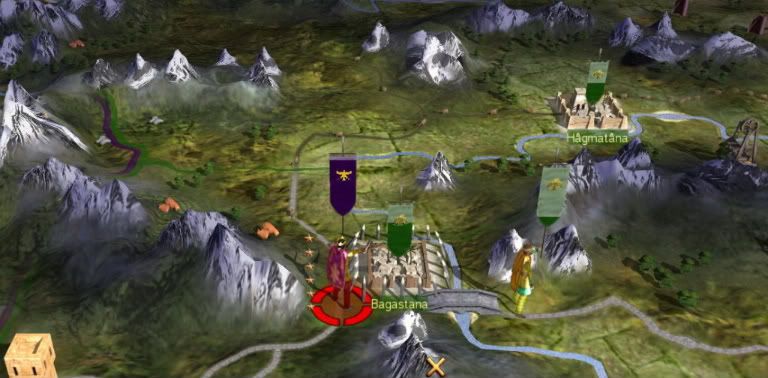

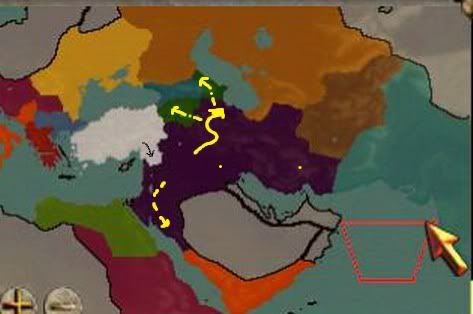
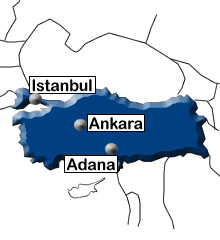
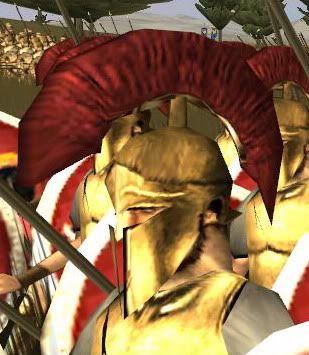
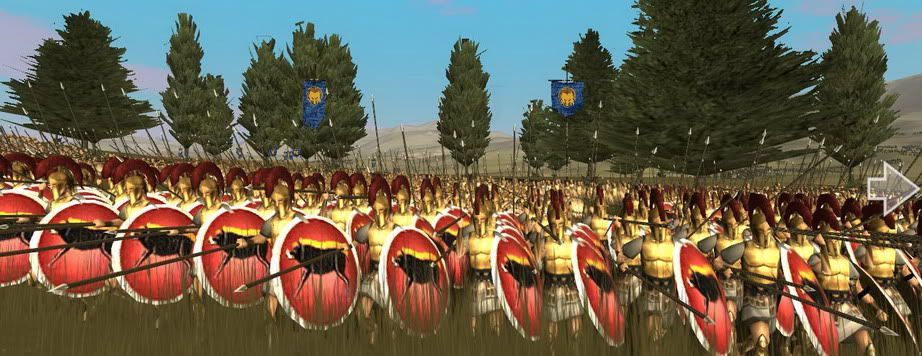
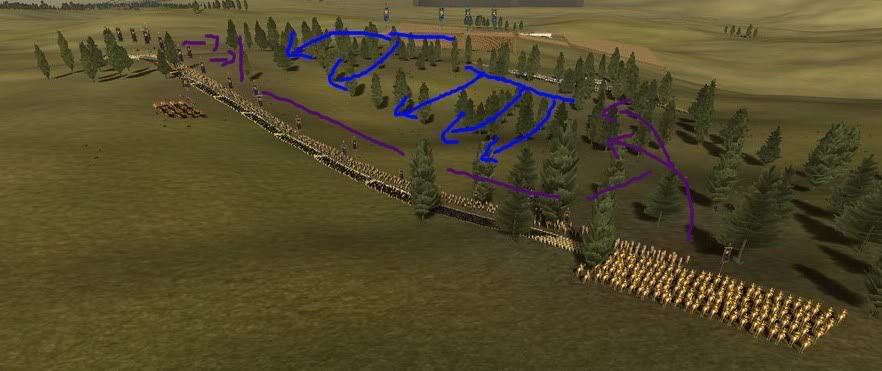
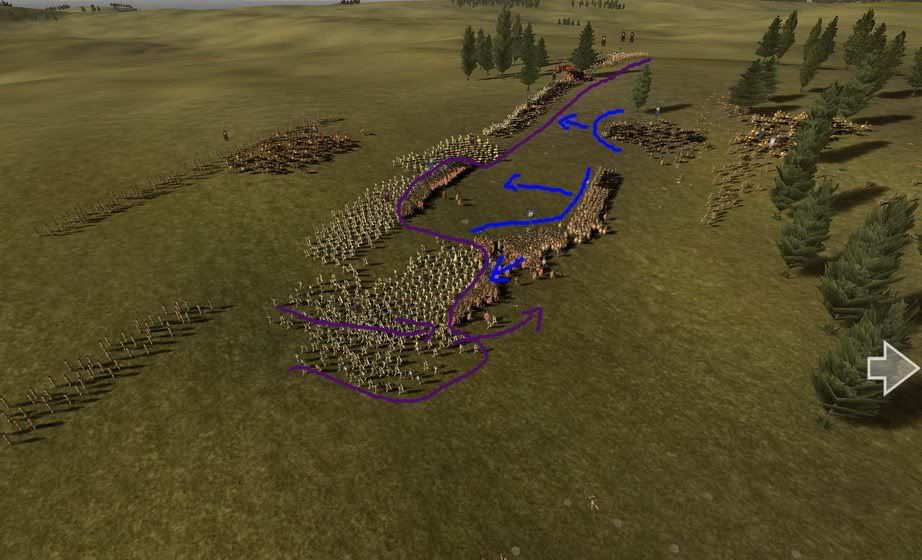
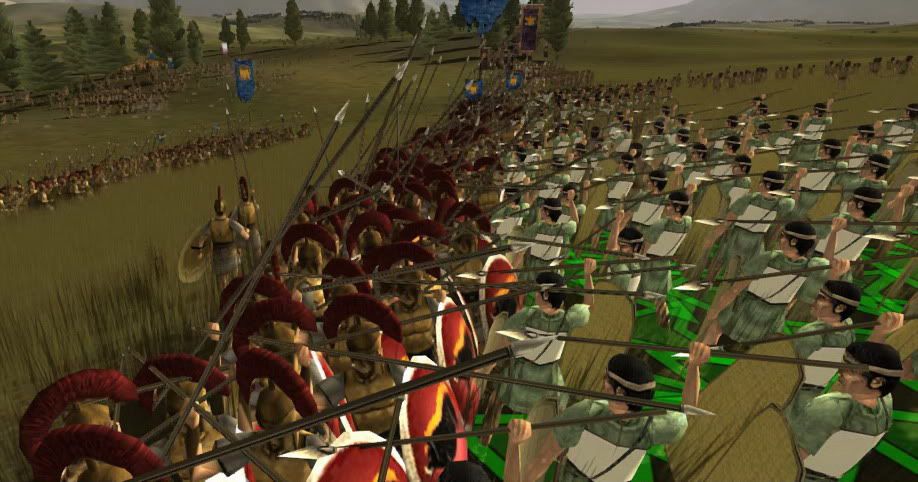
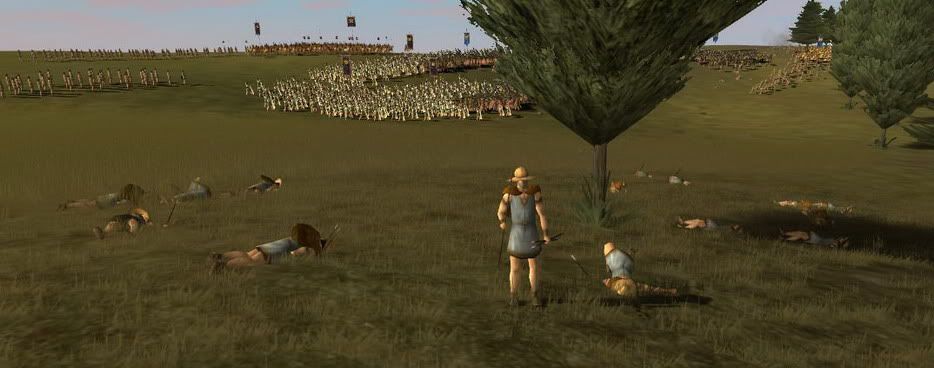
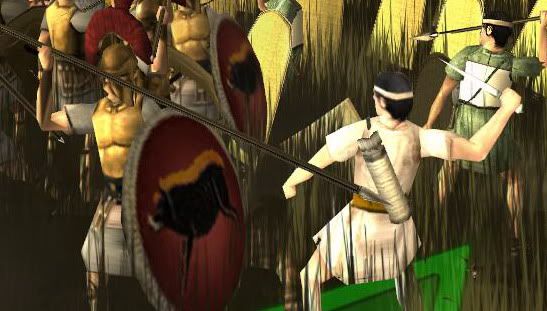
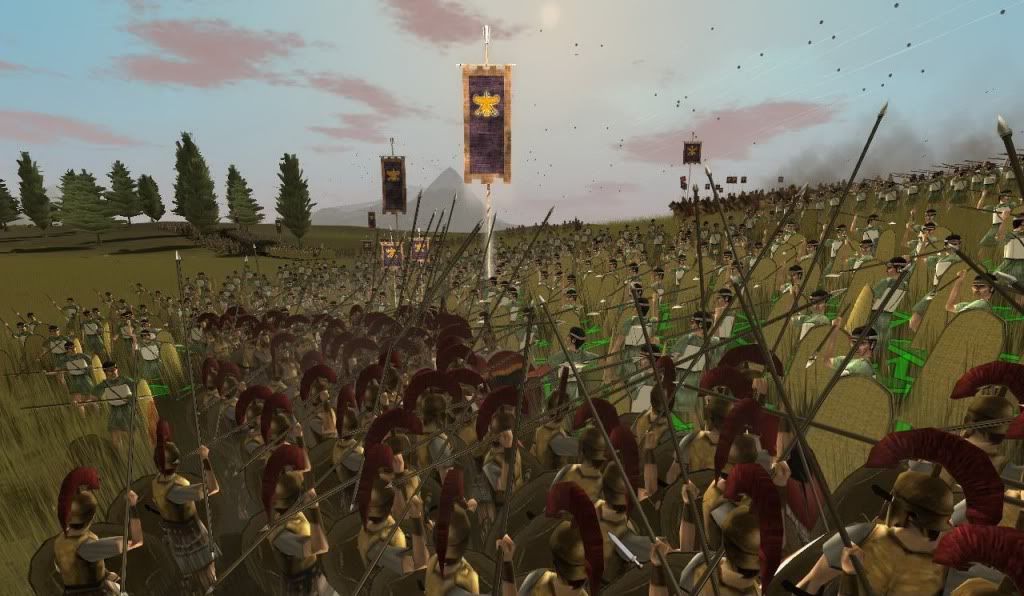
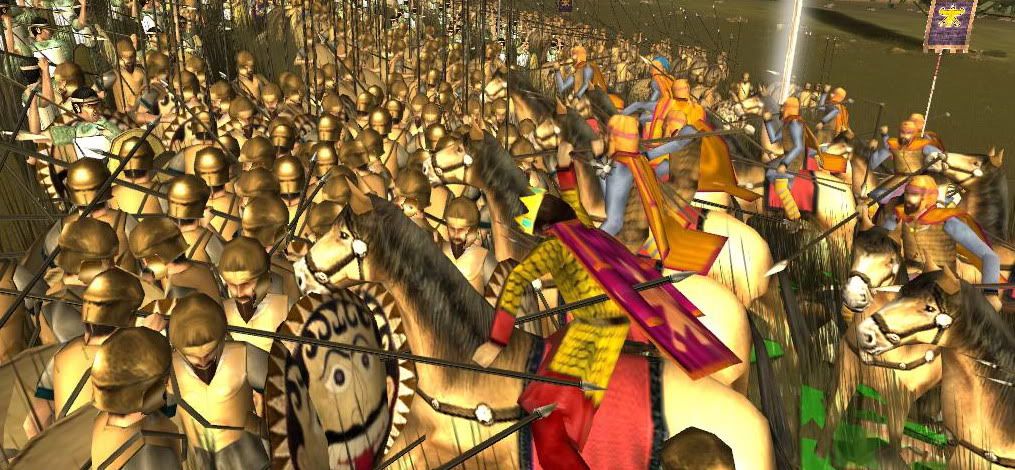
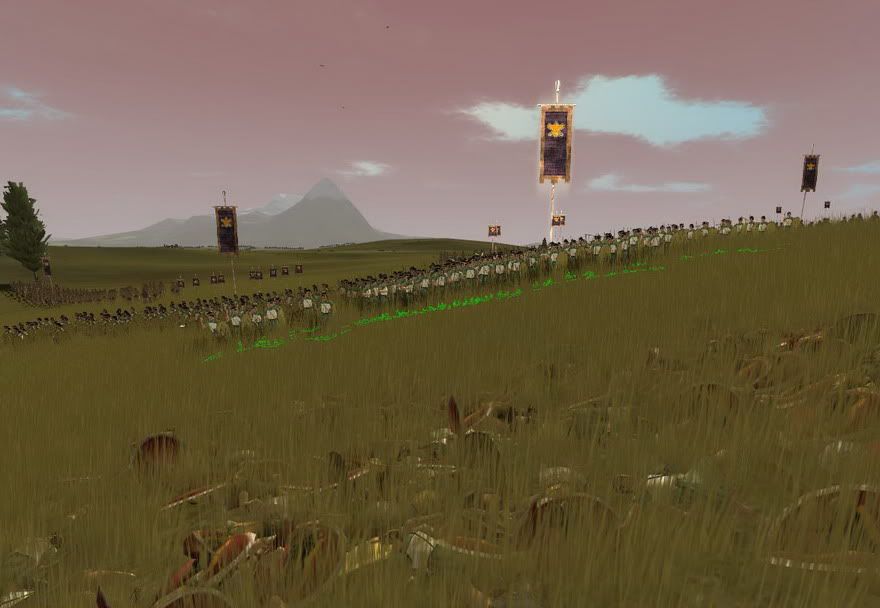
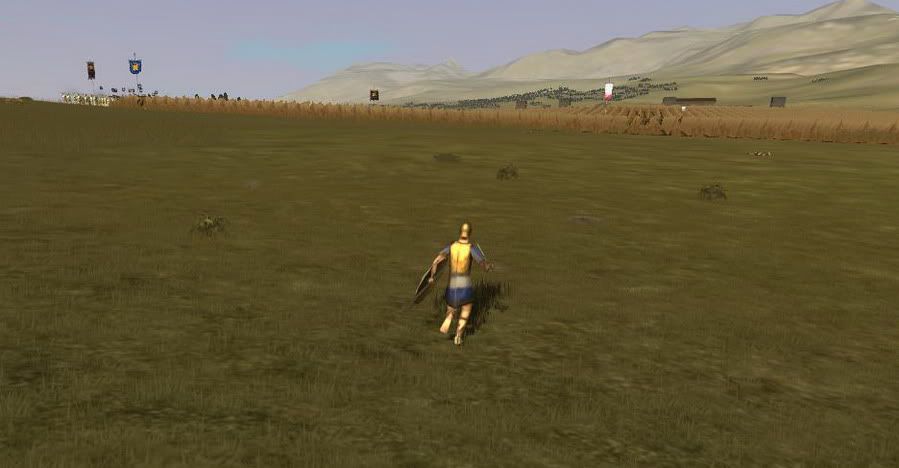
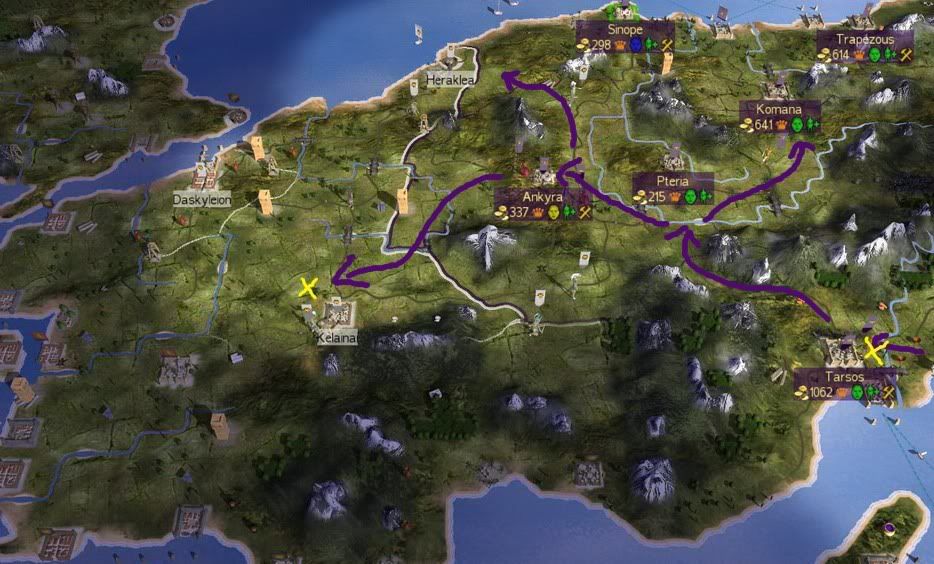
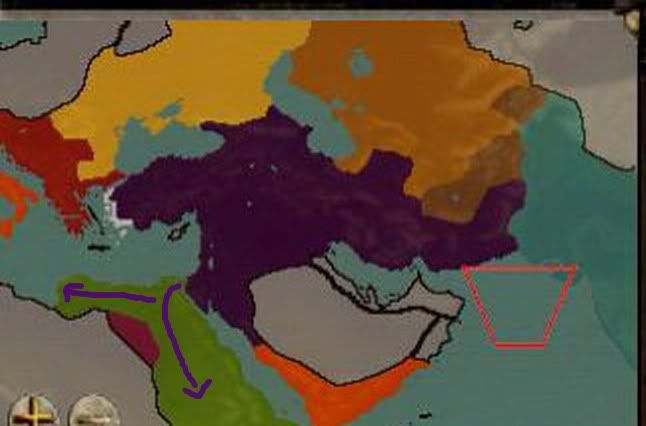
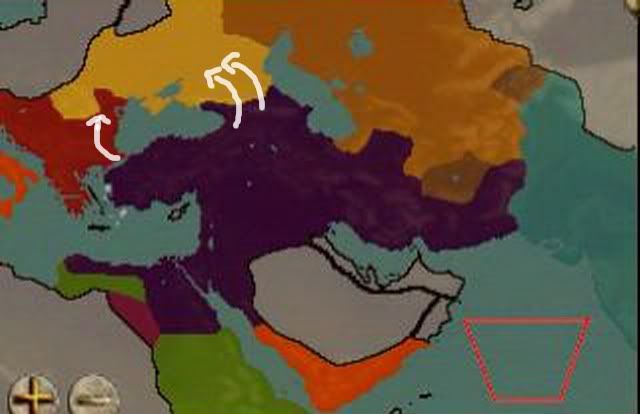
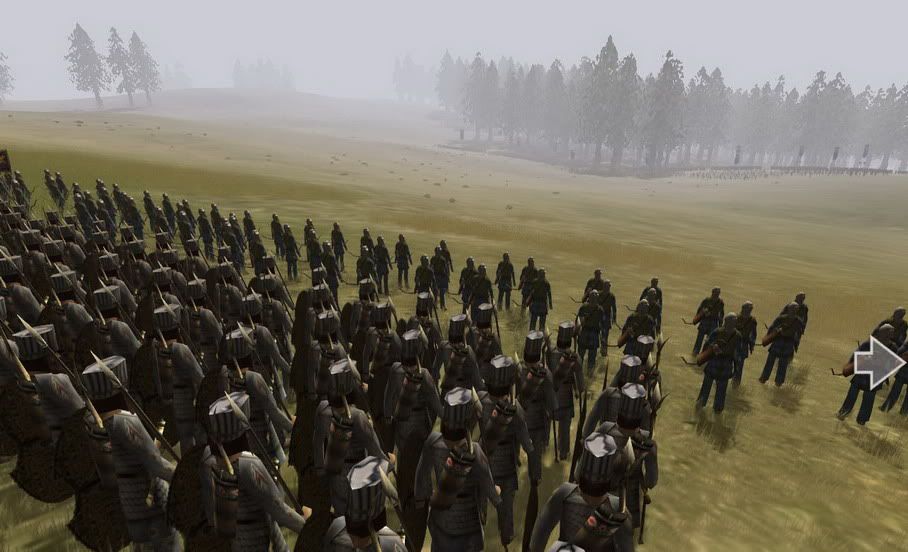
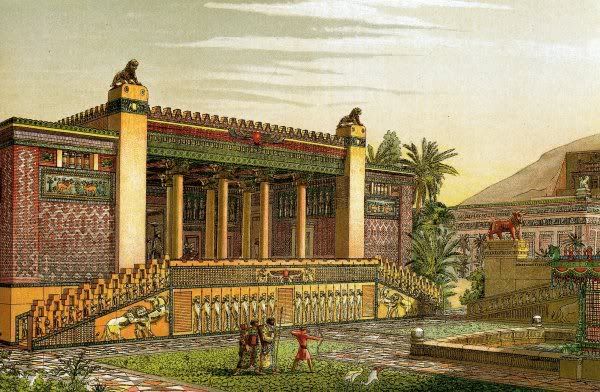
 Micheal D'Anjou
Micheal D'Anjou
Bookmarks